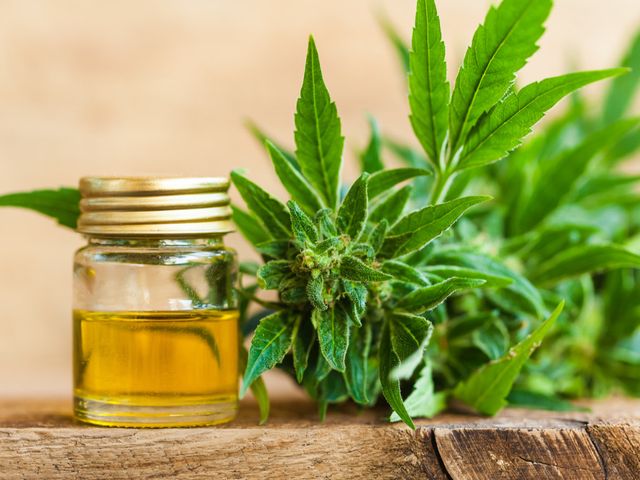In recent years, there has been a surge of interest in cannabidiol (CBD) as a potential remedy for various health conditions, including depression. As the stigma surrounding hemp diminishes and research on its therapeutic properties expands, many individuals are turning to CBD as a natural alternative to traditional antidepressant medications. But can CBD truly be an effective treatment for depression? Let’s delve into the science behind CBD and its impact on mental health.
Understanding Depression
Depression is a complex mental health disorder characterized by persistent feelings of sadness, hopelessness, and disinterest in activities. It can significantly impact one’s quality of life and overall well-being. While the exact causes of depression remain elusive, factors such as genetics, brain chemistry, trauma, and life circumstances are believed to play a role in its development.
Traditional treatments for depression often include psychotherapy and antidepressant medications such as selective serotonin reuptake inhibitors (SSRIs) and serotonin-norepinephrine reuptake inhibitors (SNRIs). While these medications can be effective for some individuals, they may come with unwanted side effects and may not provide relief for everyone.
The Role of CBD in Depression
CBD is one of over 100 cannabinoids found in the hemp plant. Unlike its psychoactive counterpart, tetrahydrocannabinol (THC), CBD does not produce the euphoric “high” commonly associated with hemp use. Instead, it interacts with the body’s endocannabinoid system, which plays a crucial role in regulating various physiological processes, including mood, stress response, and sleep.
Research suggests that CBD may exert antidepressant effects through its interaction with serotonin receptors in the brain. Serotonin is a neurotransmitter known to regulate mood and emotions, and imbalances in serotonin levels have been linked to depression and anxiety disorders. By modulating serotonin levels, CBD may help alleviate symptoms of depression and promote a sense of well-being.
Furthermore, CBD has been shown to have anti-inflammatory and neuroprotective properties, which could also contribute to its potential therapeutic benefits for depression. Chronic inflammation and oxidative stress have been implicated in the pathophysiology of depression, and CBD’s ability to reduce inflammation and protect brain cells from damage may offer additional support for individuals struggling with depressive symptoms.

Evidence from Research
While the research on CBD for depression is still in its early stages, preliminary studies have shown promising results. A 2014 animal study published in the journal CNS & Neurological Disorders – Drug Targets found that CBD exhibited antidepressant-like effects in mice subjected to a forced swimming test. Another study published in Neuropharmacology in 2018 reported that CBD administration produced rapid and sustained antidepressant-like effects in rats.
Human studies on CBD for depression are limited but growing. A small-scale clinical trial published in Journal of Clinical Pharmacy and Therapeutics in 2019 investigated the effects of CBD in individuals with social anxiety disorder (SAD), a condition closely related to depression. The researchers found that CBD significantly reduced anxiety levels in participants, suggesting its potential as an anxiolytic agent.
While more research is needed to fully elucidate the therapeutic effects of CBD on depression in humans, these preliminary findings are promising and warrant further investigation. It’s essential to note that CBD is not a one-size-fits-all solution, and individual responses may vary. Consulting with a healthcare professional knowledgeable about CBD and its potential interactions with other medications is advisable before incorporating CBD into your treatment regimen.
Conclusion
CBD holds promise as a natural alternative for individuals seeking relief from depression and anxiety. Its unique pharmacological profile, coupled with emerging research demonstrating its antidepressant properties, has piqued the interest of both scientists and consumers alike. While more robust clinical trials are needed to establish CBD’s efficacy and safety for depression, early evidence suggests that it may offer a valuable addition to existing treatment options.
As public interest in CBD continues to grow, it’s essential to approach its use with caution and informed decision-making. By staying abreast of the latest research developments and consulting with healthcare professionals, individuals can make empowered choices regarding their mental health treatment journey. Come and check this post to get more tips and information about CBD for depression.





